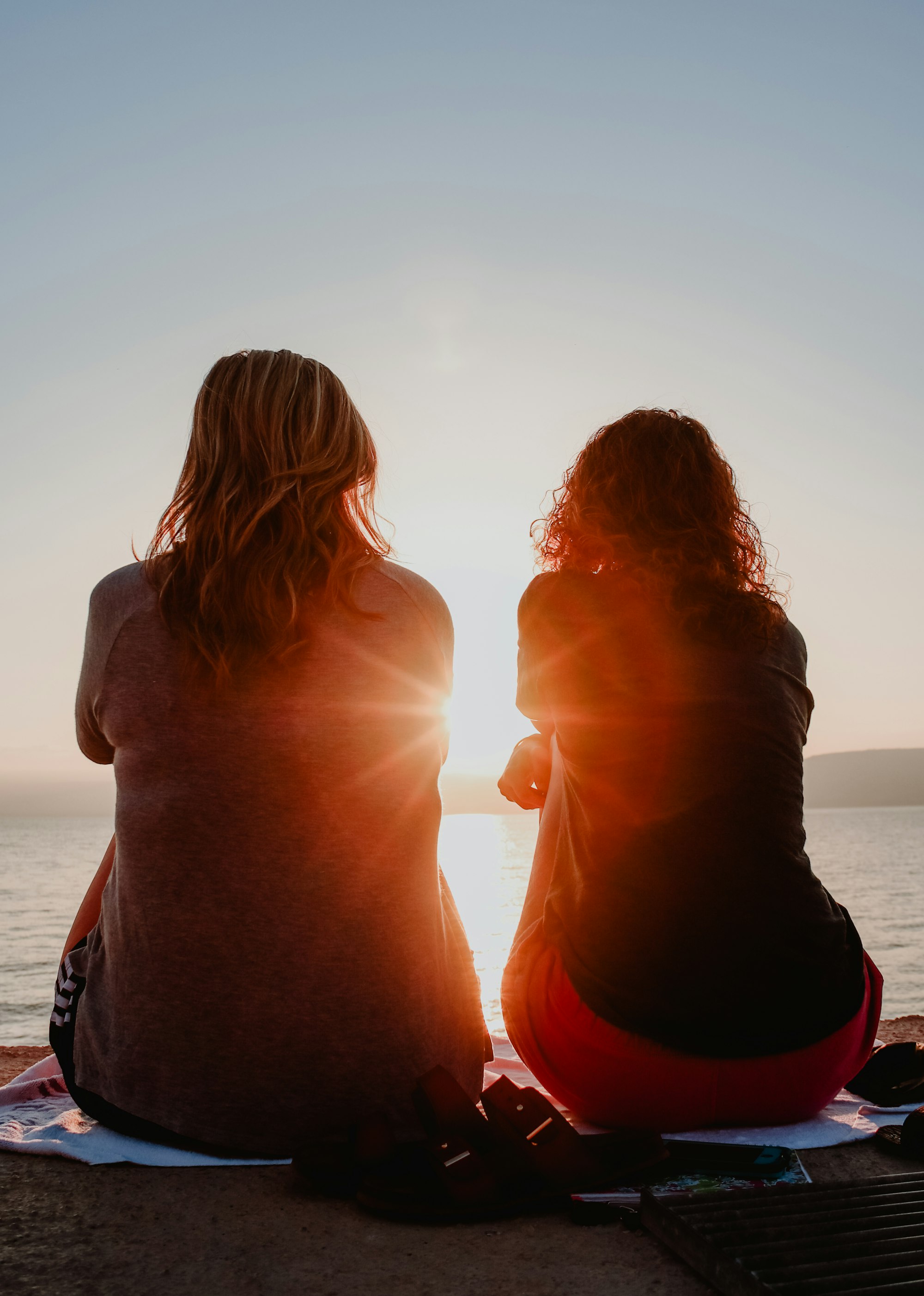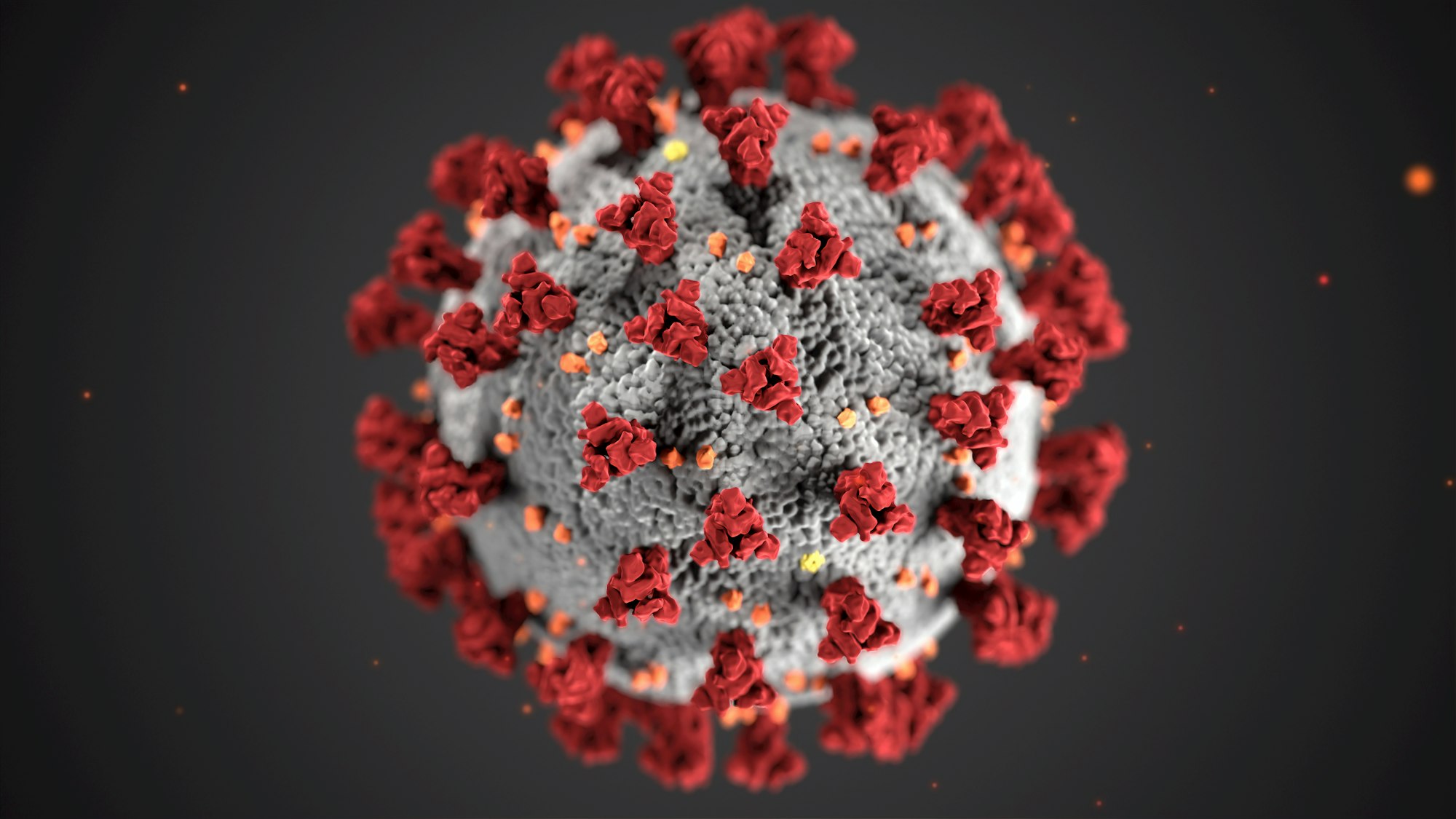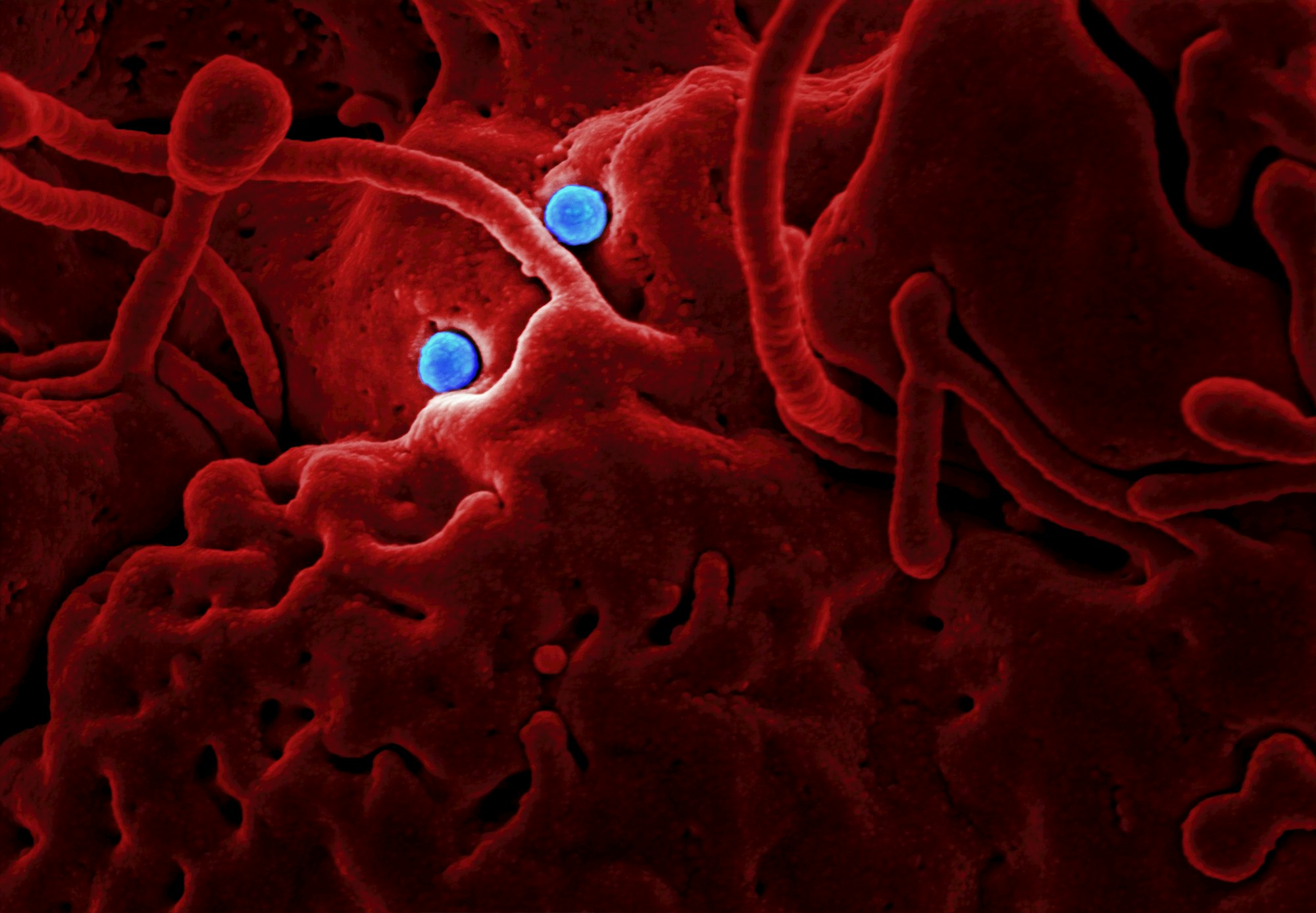Women Emancipation in Pakistan
Pakistan's population comprises more than 50% Women. Although they account for major part of population yet women are struggling for their equal rights. They are deprived of enough nutrition, education and health facilities in most pads of the country. Pakistani women had faced cultural bans and male dominance which did not let them use their abilities to contribute in national progress. Women are considered as "fragile human-beings" both physically and emotionally. Islam provides equal human rights to women, but Pakistani women have not achieved their rights because of the social structure influenced by Hinduism.
Pakistan women face many hurdles in the race of life. They are not able to get proper education, respect and equal job opportunities. The literacy rate for women in Pakistan is around 48% according to a national survey. In rural areas, situation is much worse than that of the urban areas. According to a report, only 22% Pakistani girls are enrolled for primary school education. This depicts that most of the Pakistani women are illiterate. These illiterate women are unaware of their rights and are unable to contribute their share in the
As Dr. James swagger said: "If you educate a man, you educate an individual, but if you educate a woman you educate a family".
Discrimination in Education:
Most of the rural areas have no school for girls or have only primary education. Due to the lack of awareness, parents also refuse to send their girls to school. Most of the poor people somehow manage to send their boys to school but not girls. In some of the North western areas of Pakistan, school going girls are at times threatened or girls' schools are set on fire. Malala Yousafzai 14 years old girl was shot in head for raising her voice for girls' education in Swat (in Oct 2012). Baluchistan and Khyber Pakhtunkhwa suffer from very low rates of women literacy. Baluchistan has only 32% literate women which is not a very encouraging sign. Other than education, another dark picture is of health facilities and conditions for Pakistani women.
In Pakistan, overall health conditions are not proper but women suffer more than the other members of society. The worst situation is observed during maternity period. As hospitals and doctors are not available in remote areas, so the people have to escort the patients to the hospitals situated in towns and cities. Due to this reason, maternal and infant mortality rate during birth is much higher in Pakistan than other world. According to a report, mortality rate of mothers is 26/11000 in Pakistan and in rural areas it is twice of this number which is quite alarming.
Moreover, malnutrition is another factor responsible for poor female health in Pakistan. It has caused much nutritional deficiencies in Pakistani women. According to a recent medical survey, more than 70% Pakistani women have vitamin D deficiency. It is an alarming situation. The quality of food for female members is lower as compared to that of male members as it is assumed that women do not need good nutrition and can survive and grow well with low calorie intake. As a result, women suffer from many diseases caused due to various deficiencies. According to WHO report published in 2006, more than 40% of total population is anemic. According to a research carried out by"Pakistan Armed Forces Medical Journal" almost 90% pregnant females are anemic. This depicts the horrible picture of health conditions for female in Pakistan.
Pakistani women are not independent and self- relying for their financial needs. They must depend on their male relations. This aspect is another factor for their vulnerability. Due to the lack of education, they are not able to get appropriate jobs. If some women have skills like hand embroidery, stitching and pot-making, they are not able to make enough revenue. In an interview to "Daily Times" Rozina Saif, a home-based worker told that she embroidered clothes for 14 hours every day and earned only Rs. 351- a day. Their due rights are exploited by the middle-men and the traders. According to an NGO "Women Workers Helpline", more than 20 million female home based workers are currently working in Pakistan. Although these workers are contributing much to economy of the country yet there is no security plan or policy structure for their rights. Hence Pakistani women remain insecure, vulnerable and dependent.
Women in Pakistan are also deprived of their role in family matters. As in our culture, women are considered "less wise" i.e. "Nagis-ul-Agal", they are not consulted for family decision-making. A study conducted by the 'Women's Ministry of Pakistan", concludes that at minimum 80% of all women in Pakistan were subjected to domestic violence (emotional or physical) in their &span in one way or the other. Moreover, "Karo-kari" or "honour-Killing" is common in many rural areas. Legal protection and effective implementation of laws may soothe the situation.
In Pakistan, many steps have been carried out to protect women rights. Family Acts were included in constitution to ensure her rights as wife and mother. The more objected Hudood Ordinance 1979 was amended in 2006 by the name Women Protection Bill 2006. Another bill enhancing women emancipation is Domestic Violence Bill 2011. It is an effort to culminate the growing rate of domestic violence in Pakistan. Another issue is of acid- throwing on women. Acid is thrown in the name of honors or to take revenge for rejection by her. In Pakistan, there has been approved a law against acid throwers in February 2012 which suggests death penalty for acid thrower. Such legislation's have empowered women status in the society to some extent. Other than these legislation's, the Government of Pakistan is trying to strengthen Pakistan women in many other ways.
The government has taken many initiatives for uplift of women's social and especially economic status. These steps may be at raw stage or suffering from corruption and malfunctioning but they have laid the basis for progress. With strong administration, sufficient funding and complete homework, these government programs can be more fruitful."Benazir Income Support Programme" is one of such programmes which stated in 2008 to bring economic relief to the poor families.
Another step is to fix the quota in jobs for females. In many government sector jobs, 10% quota is allocated for women at the federal level. In "Central Superior Services" women can compete at open merit and separate 10% quota is also fixed for them. This step is to bring half of population in the streamline by providing them with maximum opportunities no that they can contribute their share in economic development of the country. Moreover, now government has opened job opportunities in armed Forces for women. Now Pakistan Army has recruited many women officers. Pakistan Air force also has recruited women fighter pilots on duty alongside their male counterparts. This step has shattered the old concept of women as weak human beings. Now she can prove herself to be strong and able. This will ascend her social status and will portray her as a strong picture in the world. Besides these government efforts, many Non-governmental Organizations have worked for women emancipation. These NGOs are working for education, health, respect and financial assistance for women.
Women Chamber of Commerce and Industries work for the economic empowerment of women. It provides timely information, expertise and good environment to women entrepreneurs. It provides a platform for women to start and flourish their own business. WCCI also assists financially by providing loans on easy terms to females pursuing carrier in business field. It also explores and promotes new business ideas for women. Many other organizations and banks e.g. Akhuwat, Khushhali Bank and Women First Bank provide micro financing and assistance to the women of Pakistan.
Another old organization named All Pakistan Women Association i.e. APWA for consolidation and coordination of women activities for the greater good. This organization mainly focuses on health, education and training. It has set up many schools, colleges, dispensaries, maternity homes and family planning clinics in both urban and rural areas. In higher education sector, two, colleges were established by APWA in Karachi and Lahore. These institutions educate the women according to the modern day requirements hence opening new opportunities and chances for them.
Like all other walks of life women are showing their talent and skills in sports too. A few years back there was not much participation in sports from female side. But now due to social changes and globalization, many ladies are actively participating in sports. Pakistani women Cricket Team had shown excellent performance in world T20 and Asia Cup 2012. The performance of women Hockey Team has also improved. In races Pakistani athlete "Naseem Akhtar has won gold medal in Asian Games. In traditional Pakistani society such contributions are outstanding form women side. Now receiving the encouragement and social approval, girls are going to show excellent performance in sports.
In the nutshell, it can be said that currently Pakistani woman is in struggling phase for her rights. She is striving for her share in education, inheritance and respect in family. She is working hard and sacrificing her own desires, pleasures and wishes for her family sake and seeking for the rewards in the forms of approval and praise. As government is puling efforts to improve women status in Pakistan and many NGOs are also efficiently participating in women emancipation, situation has started getting better. Media has also contributed in also acting as role models for ordinary Pakistani women. With consistent efforts on part of government, private organizations and women themselves, full women emancipation is possible to involve women in social and economic development of the country.
Pakistan government take step for women empowerment an launch mobile app for women facilities.
#Baytee https://t.co/U7aFZSJXqP
— Ministry of IT and Telecom Pakistan (@MoitOfficial) February 19, 2020
Afsheen Shall (Department of English)



